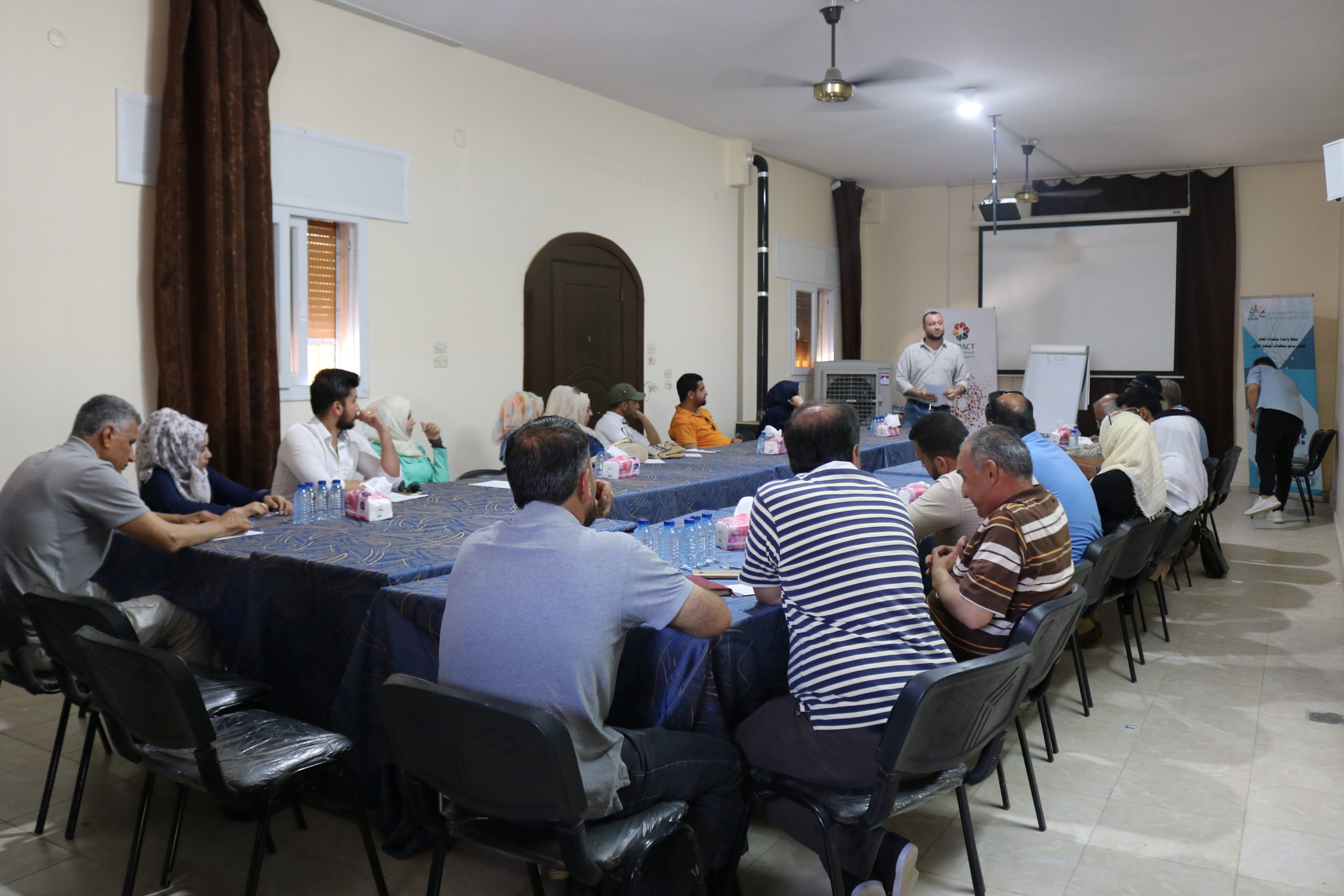In June 2017 IMPACT Organization launched an initiative with the aim of incubating Syrian local organizations and providing support to help them develop their competencies in order to continue their activities and effectively perform their civic role.
The initiative has grown from one center to three due to the local efforts and dialogue that have been launched between local civil actors and IMPACT, with the aim of finding interactive civil spaces that support the role of civil society in the region based on the principles of local ownership and active participation.
This experience has shown that the adopted models for capacity building through training workshops are not sufficient for the actual and sustainable development of organizations. It was therefore necessary to develop the concept of civil society incubators as a long-term support mechanism for local organizations.
The Centers/incubators, in Raqqa, Deir ez-Zor and al-Qamishli are comprehensive platforms that serve as “multifunctional centers” for local civil society organizations, providing not only training programs to help the organizations identify their capacity gaps but also a grant program to support their sustainability. They also create space for local organizations and activist groups to communicate, exchange ideas and collaborate.
Support Centers provide their partners with integrated services, such as capacity building and training programs, as well as consultations and technical support to institutions and individuals, organize activities and events to network among local organizations, strengthen positive relations with the local administration units, encourage cooperation with international organizations and support advocacy efforts. They also provide co-working spaces for local organizations and initiatives to organize workshops, training courses and meetings throughout the year. They also provide limited grants to support small community projects in the areas most affected by war.


